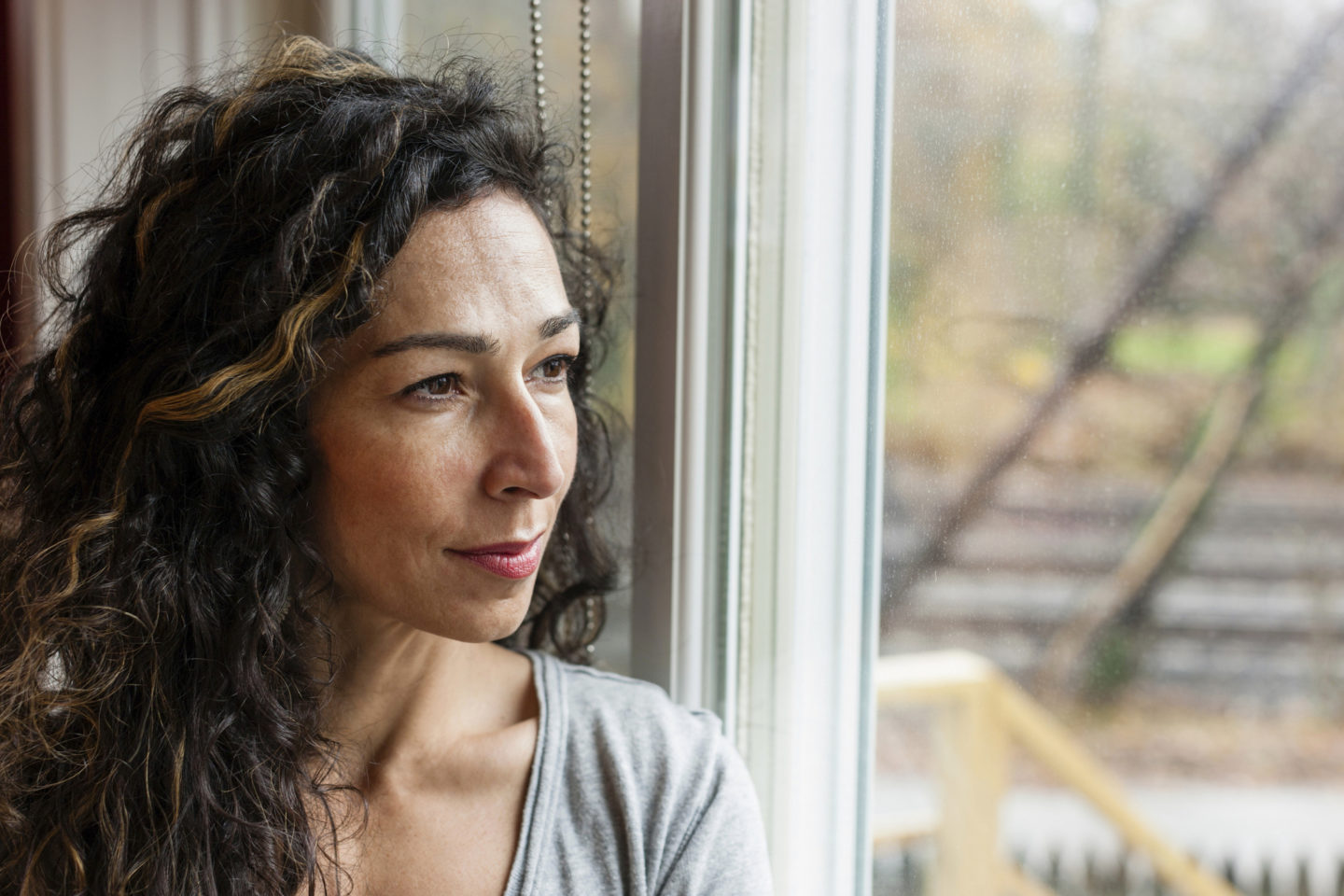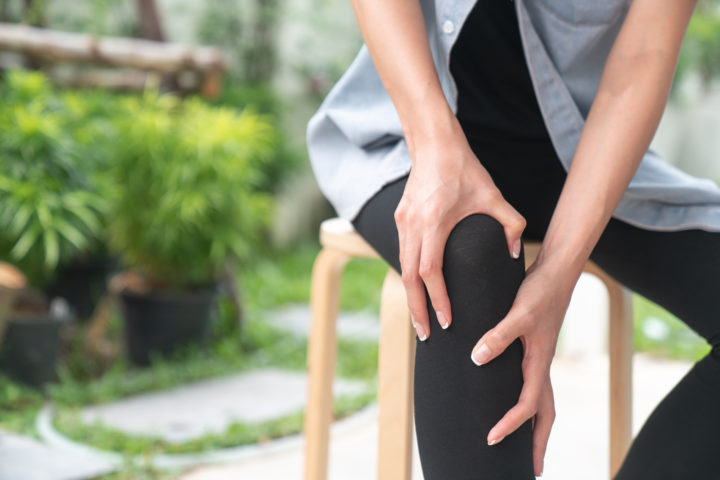For about a year, I’ve been outspoken about being abused as a child.
It’s been difficult to slowly come to terms with the effects of trauma, and learn that things like gaslighting, verbal abuse and physical violence are not normal parts of family life. This process has created more turmoil in the process, as I reopen old wounds, burn bridges, and ruminate way too much over the weight of it all.
But this process has also fostered a lot of healing and optimism. Though there’s still lots of darkness for me to sift through, I’m learning more about myself and gaining more strength and perspective. For anyone else who is a survivor of child abuse, specifically those who might be in a pessimistic place in their journey right now, here are some important (and positive) lessons that I’ve learned on the way and that help me to keep moving forward.
You Deserve To Be Proud Of Yourself
Surviving childhood abuse is not easy, and I remind myself everyday that this is alone is a huge reason to be proud of myself. When some of your most basic needs aren’t being met in your childhood, it creates a pretty shaky foundation for functionality, causing mental illness and negative cognitive distortions. Though I’m not as functional as I’d like to be, I give myself credit for having freelance jobs, being in a healthy and loving relationship, and for taking really good care of my mental health (with good hygiene, medicine and yoga). My resilience is something to celebrate, and my survival is something to relish in even on days when I can’t get out of bed.
An Outsider’s Perspective Changes Everything
When I first left my parents’ house for college, I hadn’t yet gained a greater perspective for things that had happened to me as a child. In the thwarted reality of our own household, everything seemed normal. Painful but normal. However, as soon as I welcomed outsiders into my world and casually told them stories from childhood here and there, I slowly realized the truth. Thanks to friends and my fiancee, I was able to process what happened to me properly without the thwarted and manipulated reality that was forced on me in my own house. Sometimes, gaining clarity on childhood abuse could break relationships once and for all, as well as help you enact some positive change in your life to combat the effects of trauma.
Nothing That Happened Was Your Fault
Only until the past year or two, it was truly difficult to understand that I wasn’t to blame for much of the misery in my life. I felt responsible for my dad’s mental illness, my mom’s stress, my parents’ bad marriage and financial issues. And most recently, I felt responsible when my dad and I’s shaky, and often hostile, relationship crumbled into total silence. But I slowly realized, thanks to my partner, that any abuse I endured wasn’t my fault (especially as a child). I try to stay aware of my tendency to think this way because of my parents’ gaslighting and manipulation, and slowly try to build a greater confidence and belief in myself.
Distance Is Everything
There are definitely situations of child abuse where the parent never changes or redeems themselves, making any future relationship with that relative feel challenging. I’ve made the mistake of placing pressure on myself, and maintaining hope that a relationship with a parent like this could be possible if you try to change their mind hard enough. Especially when there’s post-traumatic stress disorder involved, salvaging a healthy relationship with your abuser is impossible. It’s absolutely okay just to not talk to a parent or relative if that’s what feels good to you. Sometimes, we get so hung up on family structures and normalizing dealing with toxic people “because they’re family” prevent us from leading happy lives. I’ve found that distance from my abuser, combined with embracing my own chosen family (a group of folks who care about me and truly support me in my growth), has made such a difference in my own life and my own healing process.
Stay Super Mindful In Your Other Relationships
When you grow up feeling that you’re deserving of certain treatment, dating an abusive person could seem normal. Until the past couple of years, I only had friends that mistreated me and reminded me of my dad. Both my sister and I were in abusive relationships with our first boyfriends, and I was sexually assaulted by my second abusive boyfriend. Abuse is never your fault, but it’s worth it to keep track of patterns and notice where they might come from.
Your Experiences Are Valid Even If Your Abusive Parent Doesn’t Think So
Many parents who abuse are not aware that they are or were abusive. So it could be hard for a child, who so often looks to their parents for truth and compassion, to see the truth that’s right in front of them. But once you see the truth, regardless of whether or not your parents feel redemptive or apologetic, do not deprive yourself of self-belief any longer. What happened to you was real, and no amount of explaining from a blind and distraught parent can change the emotional impact their actions have caused. With your chosen family’s love and validation, you can begin to move through your past knowing that you didn’t make it up.




comments